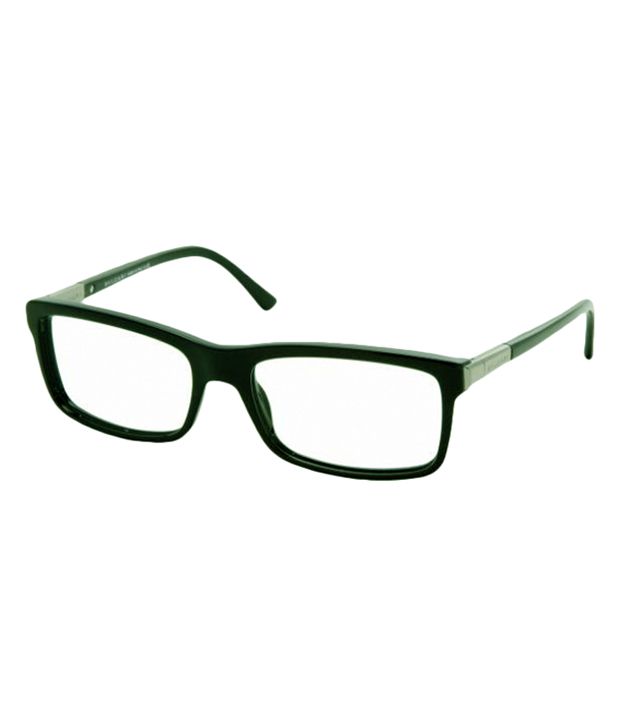Anti-Fog, Fact or Cap
What is Anti-Fog?
Having a coating on the surface of your glasses lenses that prevent them from fogging up sounds like something that belongs in a cartoon. Does it work? Is there more than one type of coating? What kinds of coatings are we talking about here? Can I DIY it? Let’s get into the nitty-gritty of this myth and find out once and for all: is Anti-Fog real?
Anti-Fog is, in fact, a real coating that can be applied to glasses lenses to prevent condensation accumulation, particularly when wearing masks. It works by reducing the surface tension of the water droplets. When water droplets form on an untreated surface, they bond together due to high surface tension causing condensation. This makes your vision blurry and causes interference with whatever you’re trying to see through, glasses or goggles. Anti-Fog coatings reduce the amount of energy needed to spread out each water molecule (the bonding between them), making it easier for the droplets to flatten out across the entire surface and resist forming condensation blobs.
Do Anti-Fog wipes work?
It depends on who you ask. Anti-Fog wipes tend to work for some and not so much for others. They work well to reduce fogging on plastic and glass lenses. Anti-Fog wipes are easy to carry and use, so you can apply them whenever your lenses fog up. Wipes are especially great if you don't have the luxury of washing your glasses between each use. They're also easy to find and inexpensive, we offer some in store! Just stop by and ask one of our Eyewear Specialists about Anti-Fog wipes!
Does toothpaste prevent fogging?
Most people are familiar with the concept of using toothpaste as an Anti-Fog, but few know why it works. The exact details are unclear, but it's widely accepted that the abrasive nature of toothpaste is what prevents fog from forming. There's nothing inherently wrong with this method, but you should be aware that toothpaste is not specifically designed for use on lenses—so if you're going to try this out (and we'll talk about some reasons why you maybe shouldn't), remember that it's a hack and not a scientifically proven solution. Toothpaste can leave streaks or residue behind when applied to lenses, and because of its abrasive nature and relatively high alkalinity, there is an increased risk that toothpaste may discolor or scratch your lenses. We do not recommend using toothpaste on your glasses lenses, it can scratch your lenses and/or make the coating on them come off.
Both of the above products work to minimize or reduce fogging in one way or another
Both of the above products work to minimize or reduce fogging in one way or another, so go with what works best for you. Some are single-use, some can be used twice, and others can last a lifetime. Once again we do not recommend you try out toothpaste or dish soap on your glasses lenses as an Anti-Fog treatment. However, if you absolutely have to try it, maybe try it on a pair of dollar store readers or a pair of glasses you have sitting from a decade ago. If you have any questions about Anti-Fog coatings and treatments then feel free to stop by one of our four Wichita area Specs locations and ask one of our Eyewear Specialists about it!






